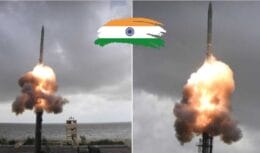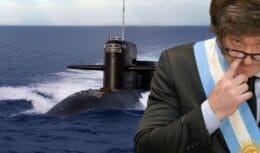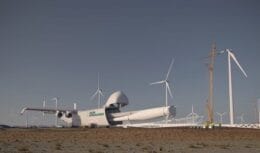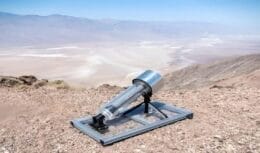
New sector of JBS, fertilizers, receives millionaire investments and promises to help the company's goal of reducing polluting gases
It was confirmed yesterday, March 18th, in a note released by JBS, that the company specialized in the food industry took the first step towards the beginning of the completely Brazilian manufacture of fertilizers, product affected by the conflict in Eastern Europe. To operate in this sector, the New Business division of JBS invested heavily and developed Campo Forte Fertilizantes, which has already started operating a factory located in the municipality of Guaiçara, in the state of São Paulo.
According to the original article on the site Broadcast, this unit, which will have the potential to manufacture 150 thousand tons of fertilizers per year, received millionaire investments, totaling R$ 134 million. According to JBS itself, based on these high investments in the company's new branch, it has made progress towards its goal of zeroing its net balance of greenhouse gas emissions over the next 8 years, by 2040.
Thanks to a large investment in research and technology, Campo Forte will manufacture a line of fertilizers organic, organomineral and special products, based on the use of organic waste and raw materials of mineral origin. The operation of the new arm of JBS will provide services both to companies (B2B) and directly to final consumers (B2C). Thus, sales of JBS fertilizers are planned in a technical and consultative manner, supported by analyzes carried out by laboratories and assistance when making purchase decisions.
Thus, in the beginning, JBS will apply greater commitment to the sales of its fertilizers directed to the cultivation of soybeans, corn, coffee, sugar cane, fruit and vegetables, as well as forests and pastures.
The national production of fertilizers by JBS will certainly contribute to the Brazilian economy, which is very dependent on import of Russian input and other countries.
About JBS
This giant company is a multinational of Brazilian origin that has been operating for almost 70 years, recognized as one of the global leaders in the food industry. Present in more than 20 countries, its headquarters are located in the city of São Paulo.
In all the places where it operates, the more than 250 employees follow the same guidelines in relation to aspects of sustainability – economic, social and environmental –, innovation, quality and food safety, with the application of best practices, always based on same Mission and Values.
JBS has a varied product portfolio, with options ranging from fresh and frozen meats to ready-to-eat dishes, sold through renowned brands in Brazil and abroad, such as Friboi, Doriana, 1953, Swift, Swift Prepared Foods, Seara, Seara Gourmet, Massa Leve, Pilgrim's Pride, Primo, among others. The Company also invests in related products, such as leather, biodiesel, collagen, natural wrappings, personal hygiene and cleaning, metallic packaging, transport and solutions in waste management, recycling, innovative operations that also promote the sustainability of the entire chain. of business value.
Watch the short video below and learn more about the so-called New Businesses, which now include investments in fertilizer production:
Why does Petrobras no longer produce fertilizers in Brazil, being dependent on imports from Russia?
About 80% of the fertilizers used in agricultural production in Brazil come from abroad, and 23% of these fertilizers are imported from Russia, according to data from the Ministry of Economy. In 2021 alone, around 41,6 million tons were purchased, at a cost of USD 15,1 billion. High values that could be minimized if there was national production. However, Petrobras gave up this type of production. To know more, click here to read this news in full.










